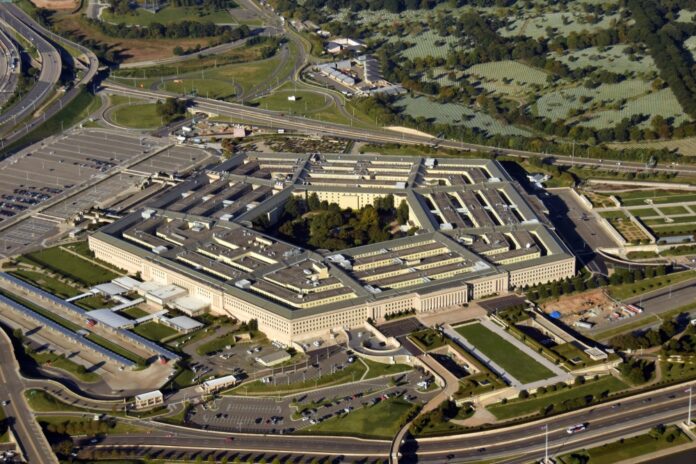VIP states warn Malaysia
The EU and US have warned Malaysia not to trust Chinese-state-owned network supplier Huawei or its investment funding might begin to dry up. Equipment maker Huawei was being considered for a central role in the country’s 5G comms network. Malaysia has been planning a 5G roll-out that’s been dogged by controversies, such as the pricing and transparency of equipment. There are fears that a single government-run network would result in a nationalised monopoly. Now the EU and US have warned Malaysia that it risks losing foreign investment if it puts China’s Huawei Technologies at the heart of its 5G telecoms infrastructure, according to the Financial Times.
EU and US envoys to Malaysia wrote to the government in April after it decided to review a decision to award Ericsson an 11 billion ringgit (€2.2billion, $2.5 billion) tender to build a state-owned 5G network, the report said, citing letters seen by FT. “Senior officials in Washington agree with my view that upending the existing model would undermine the competitiveness of new industries, stall 5G growth in Malaysia, and harm Malaysia’s business-friendly image internationally,” US ambassador to Malaysia Brian McFeeters wrote in one of the letters.
“Allowing untrusted suppliers in any part of the network also subjects Malaysia’s infrastructure to national security risks.” Huawei had long been seen as the frontrunner for the contract, with the government having previously dismissed security concerns raised by the United States. None of the parties in the story, including Huawei, the US embassy in Kuala Lumpur, the EU delegation to Malaysia and the Malaysian Ministry of Communications and Digital, have so far respond requests for comment.
Intelligence gathered by the Pentagon (pictured) has convinced other states such as the 5i nations, including the UK, Australia, New Zealand and Canada, to avoid using Chinese-state owned Huawei, which is though to embed its technology with gateways to that would enable everything from surveillance to sabotage vital services. The EU was seemingly more reluctant to follow the US lead but has eventually relented and forcedEU telcos to rip and replace Huawei hardware from their networks.


